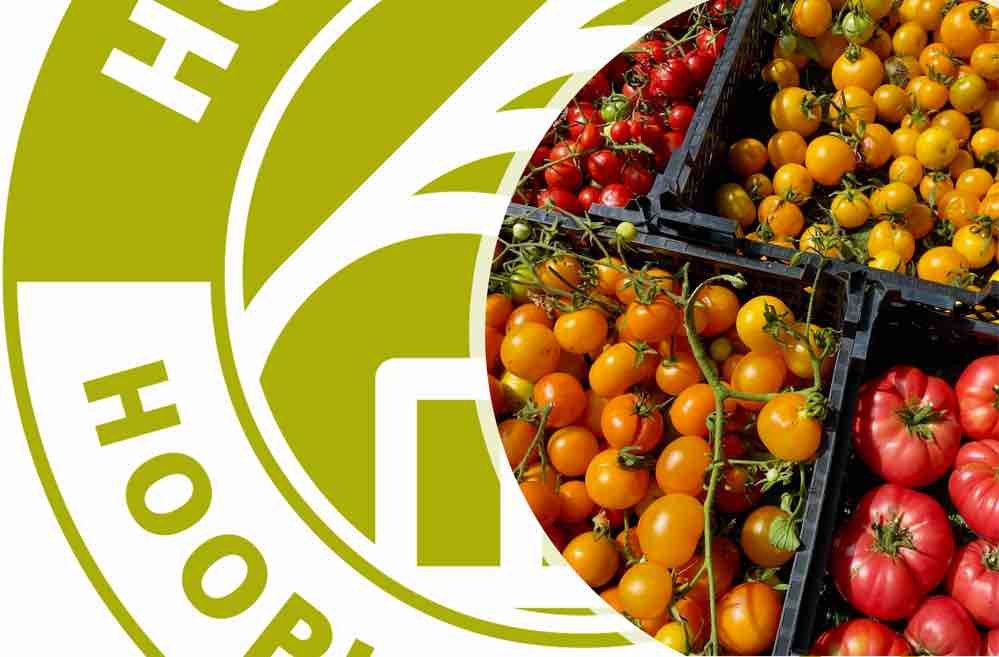
Kaizen Myths
Kaizen, the Japanese philosophy of continuous improvement, is widely applied in business, personal development, and organizational practices. Despite its success, several myths have developed around the concept.

Kaizen - Continuous Improvement for Tomato Growing
Kaizen, a Japanese term meaning "continuous improvement," can be applied to various aspects of life, including tomato growing. In the context of agriculture or gardening, using the Kaizen approach encourages small, incremental improvements in growing practices to boost productivity, reduce waste, and optimize processes.

Paradigm Shift in Tomato Growing
A paradigm shift in tomato growing refers to a significant transformation in the methods, technologies, and philosophies used to cultivate tomatoes.

Kaizen - Continuous Improvement
Kaizen is a Japanese philosophy and practice of continuous improvement, widely known in business and manufacturing but applicable to personal development, agriculture, education, and daily life.

What is Kaizen?
Kaizen is a Japanese term that translates to "continuous improvement" or "change for better." It refers to a philosophy or practice focused on making small, incremental improvements over time, especially in business and personal development.

Paradigm Shift
A paradigm shift is more than just an adjustment—it’s a radical transformation in how we understand or interact with the world.
